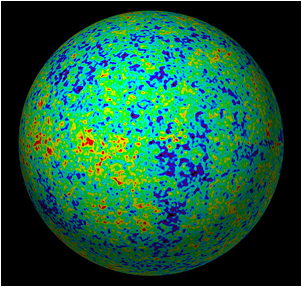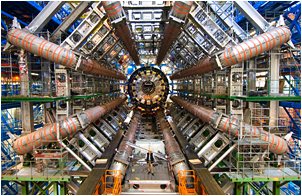Lecture Topics and Lecturers
- Overview (Michael Turner)
- Observational Evidence for Dark Matter esp. Gravitational Lensing (Michael Gladders)
- Dark Matter & Structure Formation (Andrey Kravtsov)
- Particle Physics of Dark Matter & Constraining Dark Matter Candidates (Dan Hooper)
- Detectors Fundamentals (Paolo Privitera)
- Directly Detecting Dark Matter (Juan Collar)
- Wrap Up (Michael Turner)
Course Description: Dark Matters

- 72% dark energy
- 23% dark matter
- 4.6% atoms
- 0.4% photons


What you can expect from this course
- A better understanding of the BIG Picture of cosmology
- To meet and talk with researchers at the forefronts
- To tour laboratories and learn about the limits of detector technology
- Hands-on experiences with dark matter detectors
- To visit the Adler Planetarium & Astronomy Museum to see innovative ways to bring current cosmology into a museum
- Tools and resources to bring forefront research into your home institution
Online materials
- Course description [PDF], Overview, Program, List of Lecturers, List of Participants



